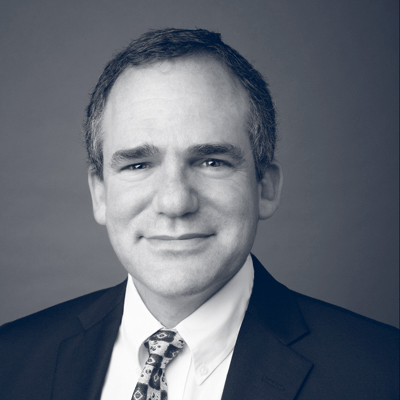Topics
MIT SMR Strategy Forum
We asked our panel of strategy experts to tell us how strongly they agree with the following:
The Business Roundtable’s new Statement on the Purpose of a Corporation indicates a shift away from shareholder value maximization as the sole purpose of the corporation and toward a broader view of value creation.
This shift will have material impact on the well-being of U.S. workers.
■
Raw Responses
■
Responses weighted by panelists’ level of confidence
Last month, 181 chief executives of U.S. companies signed a new mission statement put out by the Business Roundtable, which indicated a shift away from a sole focus on shareholder value maximization and toward a view of corporate purpose that also includes the interests of employees, communities, suppliers, and customers. When it came to workers, the executives noted, “Too often, hard work is not rewarded, and not enough is being done for workers to adjust to the rapid pace of change in the economy.” And yet, in the days and weeks following the new statement, many have called into question the meaningfulness of the executives’ rhetoric.
Panelists
About the MIT SMR Strategy Forum
Questions of strategy are universal: Every business leader must tackle a topic that’s central to how and why organizations compete. The MIT Sloan Management Review Strategy Forum offers a regular glimpse into the minds of academic leaders who have been researching and observing how businesses determine their strategy for decades.
Each month, the MIT SMR Strategy Forum poses a single question to our panel of experts in the fields of business, economics, and management. Panelists are asked to agree or disagree with a prediction, indicate their level of confidence, and provide a brief explanation for their response.
This page allows readers to engage with the results of each survey. You can see the share of panelists who agree or disagree with each prediction, how confident they feel about their answers, and the thinking behind their responses. To explore individual panelists’ thought processes about each question, click through to their voting history page. Readers can also submit their own suggestions for future topics to smr-strategy@mit.edu.
Forum Chairs
Raffaella Sadun is a professor of business administration in the Strategy unit at Harvard Business School. Professor Sadun’s research focuses on the economics of productivity, management, and organizational change. Her research documents the economic and cultural determinants of managerial choices, as well as their implications for organizational performance in both the private and public sectors (including health care and education). She tweets @raffasadun.
Timothy Simcoe is an associate professor of strategy and innovation at Boston University’s Questrom School of Business.
























Comment (1)
Robert Ballantyne